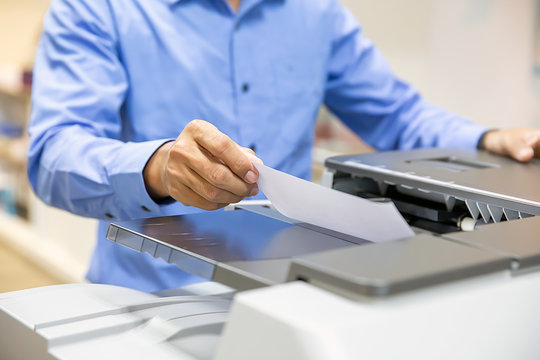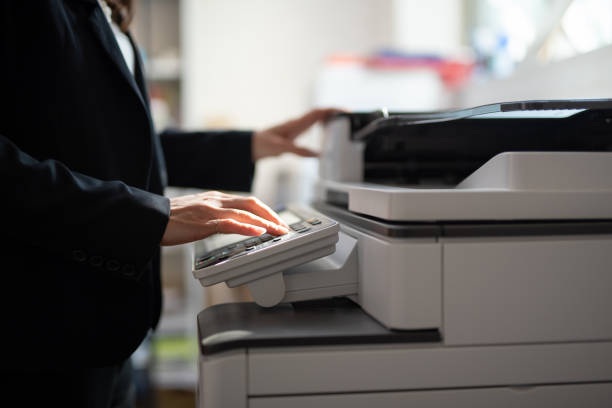
Office equipment, mostly printers, and copiers, account for 3% of energy use in offices in America. Studies show that analog copy machines are not energy-efficient and if you are still using it, it is best to get a new one. Analog copiers are loud and they create more heat than digital copiers and that they can cause you to crank the thermostat a little lower to compensate.
Whatever the copiers and printers that you have in your office, you can follow these tips in order to conserve energy:
Energy Star ratings
Devices that are certified as Energy Star qualified will use somewhere between 30% and 75% less energy than non-qualified office equipment.
Use sleep mode and automatic shut off
If your office has one or two printers or copiers, it will not make a massive difference. But when your office has dozens of copiers and printers, it is best to make sure that the equipment draws a bit of energy as possible when not in use, especially outside of office hours and on the weekends, as they can add up. Turn those monitors off when you go home for the day and over the weekend.
Keep them well-ventilated
While copiers need less heat than in the past to fuse toner to paper, they can throw off heat when used frequently. When possible, keep office equipment in a well-ventilated area with good airflow to limit air conditioning needs.
Get the right copier
The larger the copier, the more energy it will need to work, not to mention if you do not need the functionality, you have wasted money. On the other hand, running a copier or printer overcapacity will add more wear and tear and it can shorten the lifespan of the copier, not to mention the need for more frequent maintenance.
Do an energy audit
Your utility company may offer this audit for free. You will see your energy consumption and receive additional ideas for green IT.
In addition, finding the right print that enables energy-efficient printing for your office specifically will depend on how you plan to use it. Black and white printing, colored copies, print volume and necessary printing speed all play a role in printer energy consumption. It will also depend on the kind of copier that you have, as there are laser and inkjet printers, and each has a specific function.
If you print in mostly black and white, need fast printing of around 12 to 20 pages per minute and you do not often print on unusual-sized paper, a laser energy-saving printer may be the best fit for you. An energy-saving laser printer makes black and white documents that are sharp and you can’t beat the cost of toner. However, if you need to be able to print in color, print high-resolution images or print on a variety of sizes of paper, a laser printer may not give you energy-efficient printing.
If you print mostly photos, colored text, and graphics, or a combination of these with black and white text, you may want to consider an inkjet printer. While it can be four to five times more expensive than a laser printer, it far surpasses a laser printer’s ability to handle unique documents and over the long run is likely to be less expensive than outsourcing your color-printing needs.
If you need more information about energy-saving printers, you can contact the manufacturer or you can contact your local leasing company. They can help you pick and choose the best energy-efficient printer for your business.
If you are in Minneapolis and you need a copier for your business, you can contact Minneapolis (612) 255-6208. They can assist you with copier lease in Minneapolis, copier rental in Minneapolis, and copier repair in Minneapolis.


